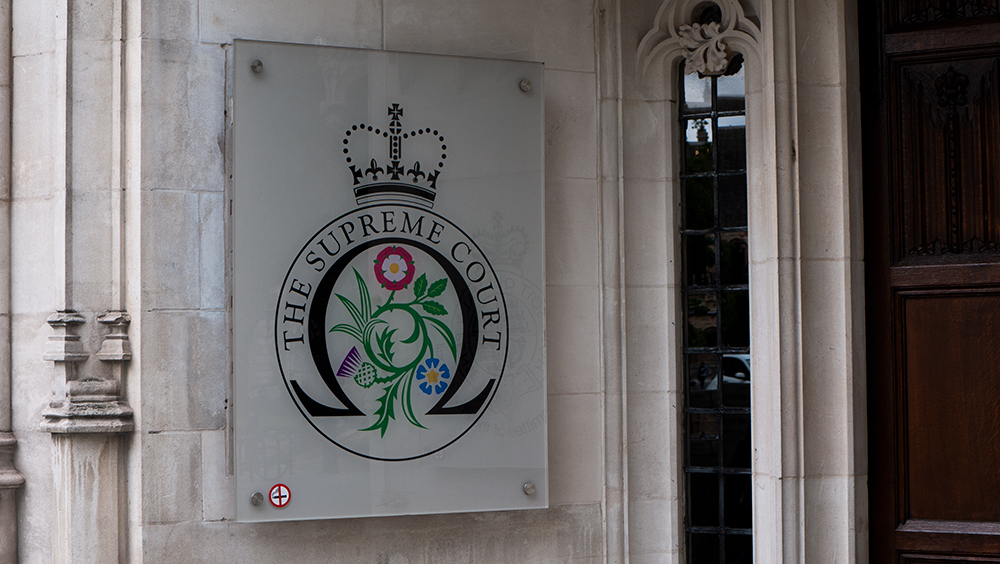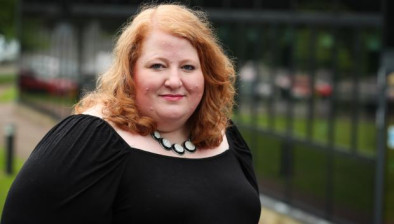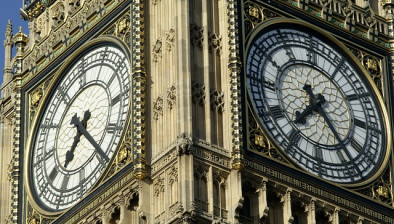UK Supreme Court to hear Northern Ireland case about state secrecy

The UK Supreme Court will tomorrow hear an appeal in a Northern Ireland case centred on state secrecy in legacy cases.
The Northern Ireland secretary is appealing against a coroner’s decision to disclose a “gist” of information which the government said should remain private for national security reasons.
The issue emerged during an inquest into the 1994 murder of Paul ‘Topper’ Thompson by loyalist paramilitaries in Belfast.
Northern Ireland’s High Court and Court of Appeal previously ruled in favour of disclosure to the Thompson family, who have long suspected that there was state collusion involved.
Human rights campaigners say the case raises critical questions about the “neither confirm nor deny” (NCND) policy used by the government to prevent disclosure of information on national security grounds.
The Committee on the Administration of Justice (CAJ), Amnesty International and Relatives for Justice (RFJ) have said that NCND is often used to conceal state culpability in human rights violations.
Eugene Thompson, Paul Thompson’s brother, is seriously ill and unable to attend the court hearing tomorrow.
In a statement, he said: “I’ve fought for decades for the truth of what happened to Paul. The government should not be fighting against the answers we need.
“I would have liked to attend court in person to fight for justice for Paul, but my health won’t allow me. I know family will be there.
“This should have been resolved a long time ago. Government’s repeated delay and blocking tactics mean we are still fighting; it should not have to come to this.”
Before her passing, Paul and Eugene’s mother, Margaret Thompson, travelled to the House of Commons to seek a public inquiry into her son’s murder.
Eugene added: “My mum started our family’s fight for justice over 31 years ago and has since passed away. I hope that the UK Supreme Court will help bring closure.”
Daniel Holder, director of CAJ, solicitors for the family, said: “Eugene and his family have long sought justice and truth regarding Paul’s murder but have been met by repeated delay and obstruction.
“An effective investigation has never taken place, and an inquest has never been completed, 31 years on.
“This case has wide implications for numerous bereaved families and the rule of law. National security cannot surely be invoked to conceal state wrongdoing or the involvement of state agents in killings or other human rights violations.”
Gráinne Teggart, Northern Ireland deputy director of Amnesty International UK, said: “This case is crucial regarding state secrecy on legacy issues and highlights everything wrong with the UK’s approach — a government more focused on protecting itself than delivering truth.
“It exposes a culture of obstruction where even a seriously ill brother’s plea and three court rulings are insufficient to compel transparency. The government’s obsession with secrecy continues to override accountability, and families are paying the price.
“The Thompson case epitomises the failings of the UK’s legacy approach; a grim blueprint of how state secrecy, endless delay, and institutional obstruction continue to deny victims’ families their rights.
“It starkly reveals the imbalance of power: a family seeking answers against a government closing ranks to protect itself from scrutiny.
“It is bitterly disappointing that government still seeks to deny truth to victims’ while claiming commitment to delivering an agreed way forward on legacy”
Irati Oleaga of Relatives for Justice said: “Paul Thompson’s life mattered. So does the truth about his death. And so does the courage of those who have never stopped demanding it.
“We stand with Eugene. With his mum Margaret, whose absence is deeply felt. And with the many other families still denied truth, justice, and acknowledgement.
“Their persistence in the face of delay, denial, and deliberate obstruction is a testament to the strength of human dignity.”








